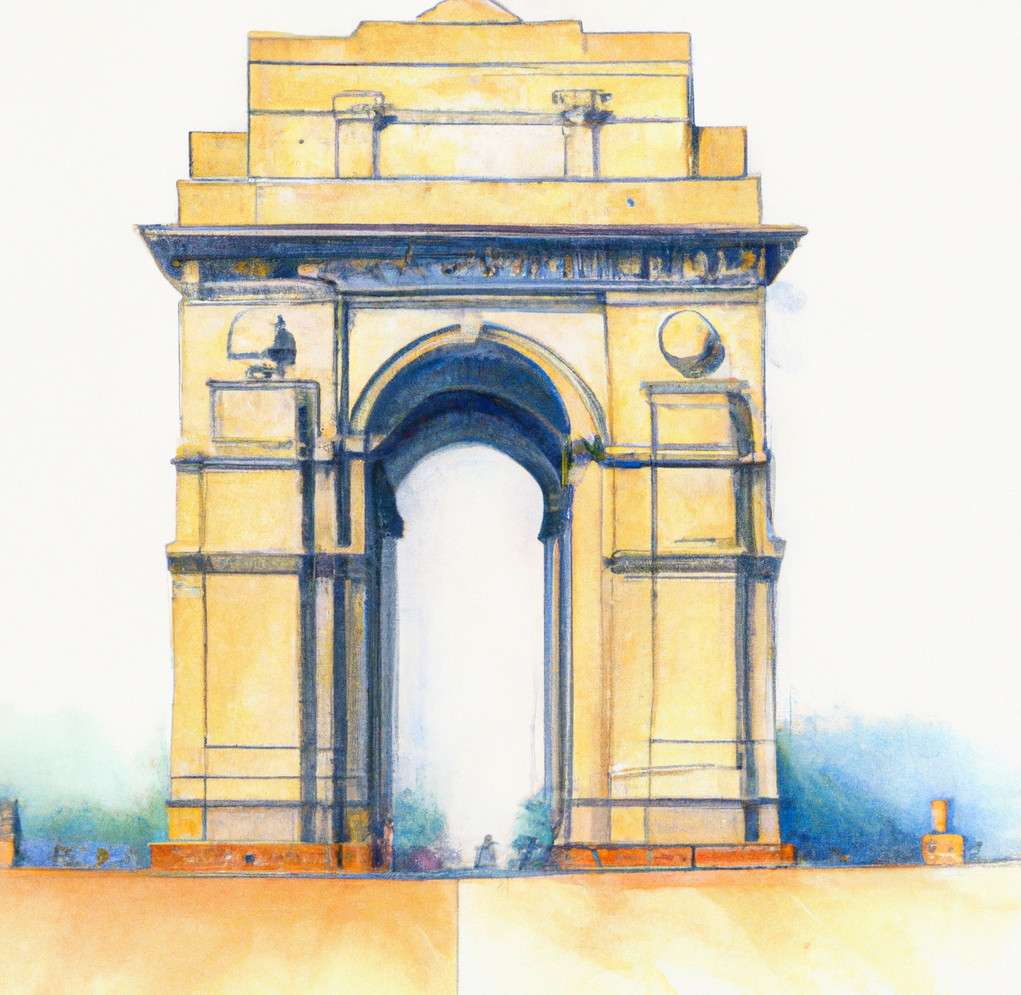Hindi is one of the most widely spoken languages in India and is recognized as the official language of the country. However, despite its popularity, Hindi cannot be declared the national language of India. There are several reasons behind this decision, and in this blog post, we will explore them in detail.
India is a diverse country with a rich cultural and linguistic heritage. According to the Constitution of India, India has no national language, and all languages spoken in the country are considered equal. This decision was made to ensure that no language or culture is given preference over the others. India has 22 official languages, and each language is given equal importance and recognition.
One of the main reasons why Hindi cannot be declared the national language is that it is not spoken uniformly across the country. Hindi is primarily spoken in the northern states of India, and other regions have their own languages, such as Tamil, Telugu, Kannada, and many more. In fact, many people in the southern states of India do not speak Hindi at all. Declaring Hindi as the national language would be unfair to these people and would create a sense of division and discrimination.
Another factor to consider is that Hindi is not the mother tongue of a significant portion of the population. Many people in India speak other languages as their first language, and they may not be fluent in Hindi. Declaring Hindi as the national language would make it difficult for these people to communicate and participate in government activities.
Moreover, India is a secular country, and declaring Hindi as the national language would go against the principles of secularism. It would give undue importance to one language and culture, leading to the marginalization of other languages and cultures.
In conclusion, Hindi cannot be declared as the national language of India due to its unequal distribution across the country, lack of fluency among a significant portion of the population, and the need to maintain cultural and linguistic diversity. India is a country that celebrates its linguistic and cultural diversity, and we should strive to preserve it. Instead of promoting one language, we should focus on promoting multilingualism and inclusivity.
